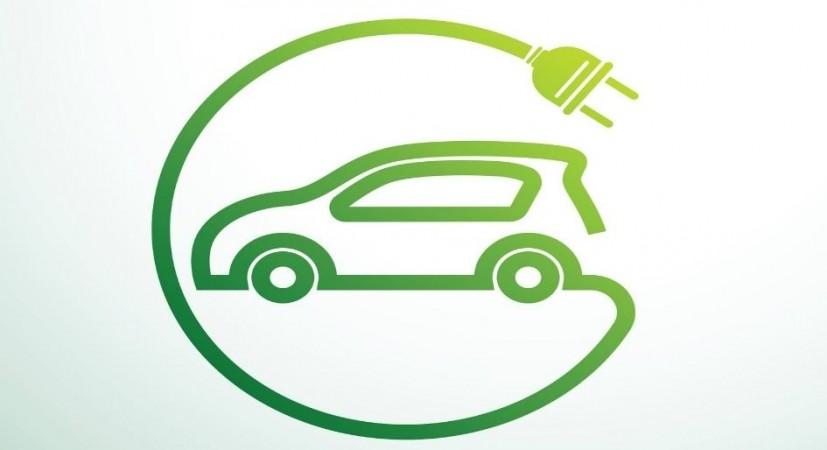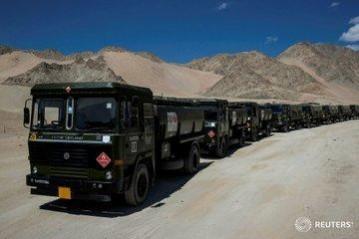As the EV market gains momentum globally, India is at the forefront of pushing for clean energy. In line with Modi government's vision to achieve Net Zero Emission by 2070 besides other short-term targets, the Indian Army has decided to go the EV route. Soon, electric buses, cars and bikes will be commissioned into the force at locations designated as peace stations.
As per the initial plan, select Army units and formations will start using electric vehicles. Precisely, 25 percent of light vehicles and 38 percent buses and 48 percent bikes will be changed from fossil fuel to electric vehicles.

"Keeping in view the necessity and employability of EVs over various terrains, the Army will equip a few units located in peace stations with EVs sequentially. Around 25% light vehicles, 38% buses and 48% motor cycles of the selected units/formations will be changed to EVs with adequate charging infrastructure," an Army note said, according to the Print.
The idea behind such a shift is to reduce carbon emissions and dependence on fossil fuels. As per Defence sources, India has emerged as one of the leaders to exceed global targets for reducing greenhouse gas emissions by 2030 and 2070.
"Many projects are being implemented to reduce the carbon emissions and dependency on fossil fuels. Introduction of Electric Vehicles (EVs) are considered as one of the effective steps in that direction," a source said.
A roadmap in place
The Army has also devised a roadmap to commission the EVs wherever possible and the electric vehicles at peace stations are just the first step. A definite time-bound roadmap was finalised after considering various factors unique to the Indian Army, including employability, remote locations and operational commitments.

According to the source, the EVs for the Army will be procured through the capital budget, as a part of modernisation and new equipment for the force. An Open Tender Enquiry for procurement of 60 electric buses with 24 fast charges is said to be floated soon.
The Army has reportedly started working on installing EV charging points in the parking lots of offices and residential complexes. These stations will have at least one fast charger and 2-3 normal ones.
India's net zero goal
In August, Prime Minister Narendra Modi reassured the world that by 2030, 50 per cent of India's energy production will be met by non-fossil fuel, and by 2070 it plans 'Net Zero'. He said that a silent revolution is taking shape in India with rising demand for electric vehicles (EV). The state and Central governments have extended incentives and subsidies for the EV sector.

















